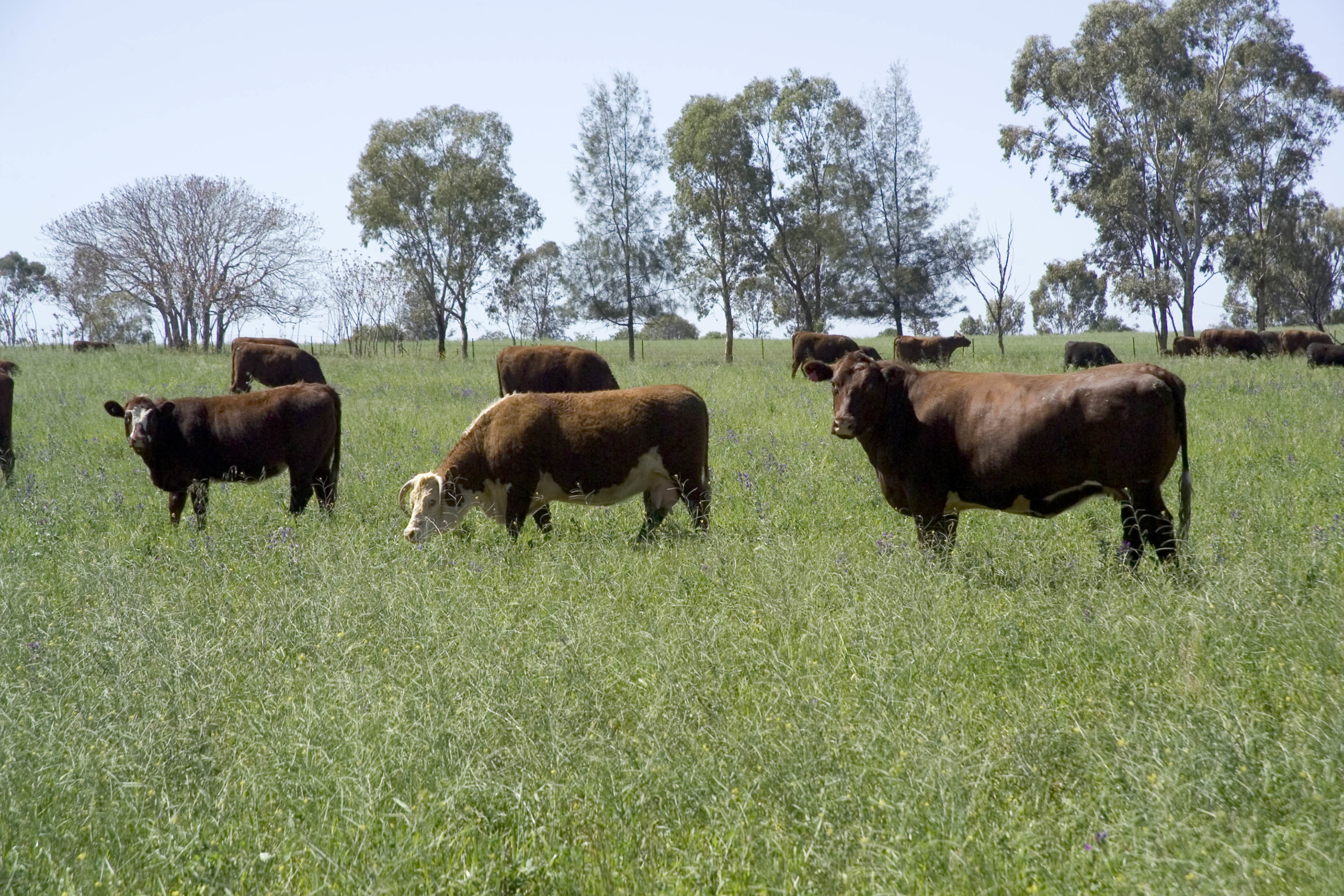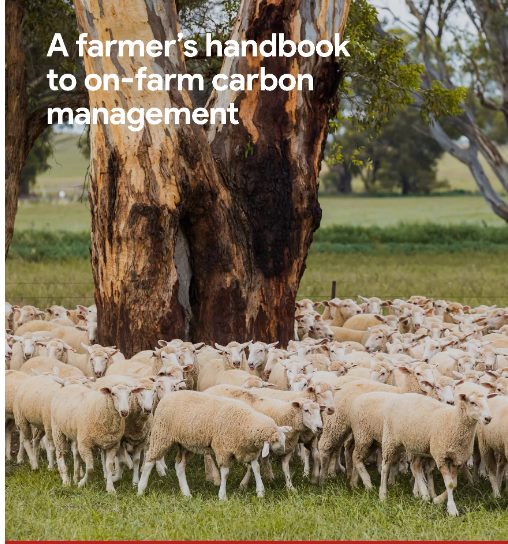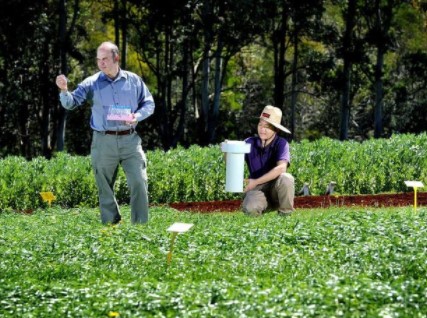On-farm Carbon Advice Project
Learn more about our On-farm Carbon Advice Project

Carbon Farming Fundamentals
Learn about carbon farming, greenhouse gases (GHGs) sources & sinks, carbon sequestration in farming systems.

Research & Publications
Continuing to outcome-driven discovery in the Carbon space

News
A farmer's handbook to on-farm carbon management
This document by AgriFutures is a handy resource for farmers who want to know more about carbon farming.

Carbon Dioxide Removal for Australian Carbon Neutrality
An article co-authored by Dr Annette Cowie and others published in The Conversation.

Plantations and farm forestry
